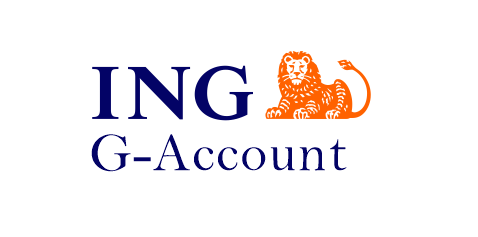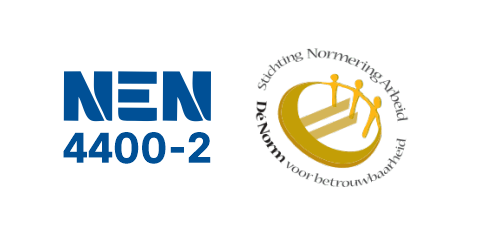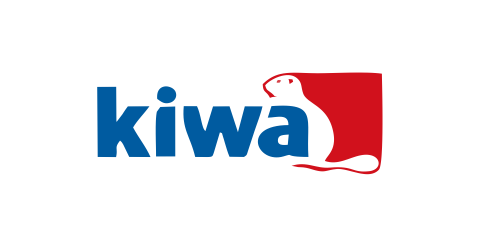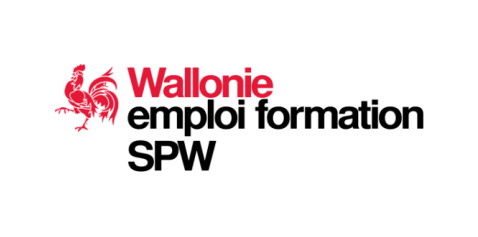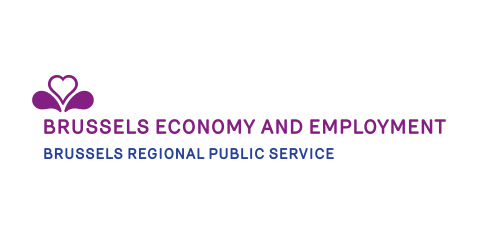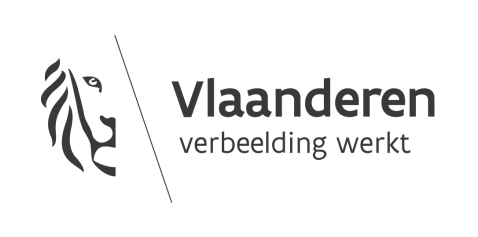Companies seeking workers
Consider how temporary work can fulfil your staffing needs effectively.
Workers seeking jobs
Many individuals find great opportunities through temporary work arrangements.
Offering flexible workforce solutions tailored to your business needs
Trust us to deliver reliable outsourcing solutions tailored to your business objectives.
Tap into our extensive network and expertise to source top talent from around the world.
Our workers
empower businesses
- Tailored Solutions: Work Supply specializes in addressing the unique staffing needs of physically demanding sectors.
- Cost-Effective Options: The agency provides genuine and affordable solutions to combat labor shortages.
- European Reach: Unrestricted freedom to operate in the Schengen zone enables support for companies across Europe.
- Client-Recommended: Our success is driven by positive recommendations by our clients to deliver on our commitments on short notice while maintaining a strong focus on compliance.

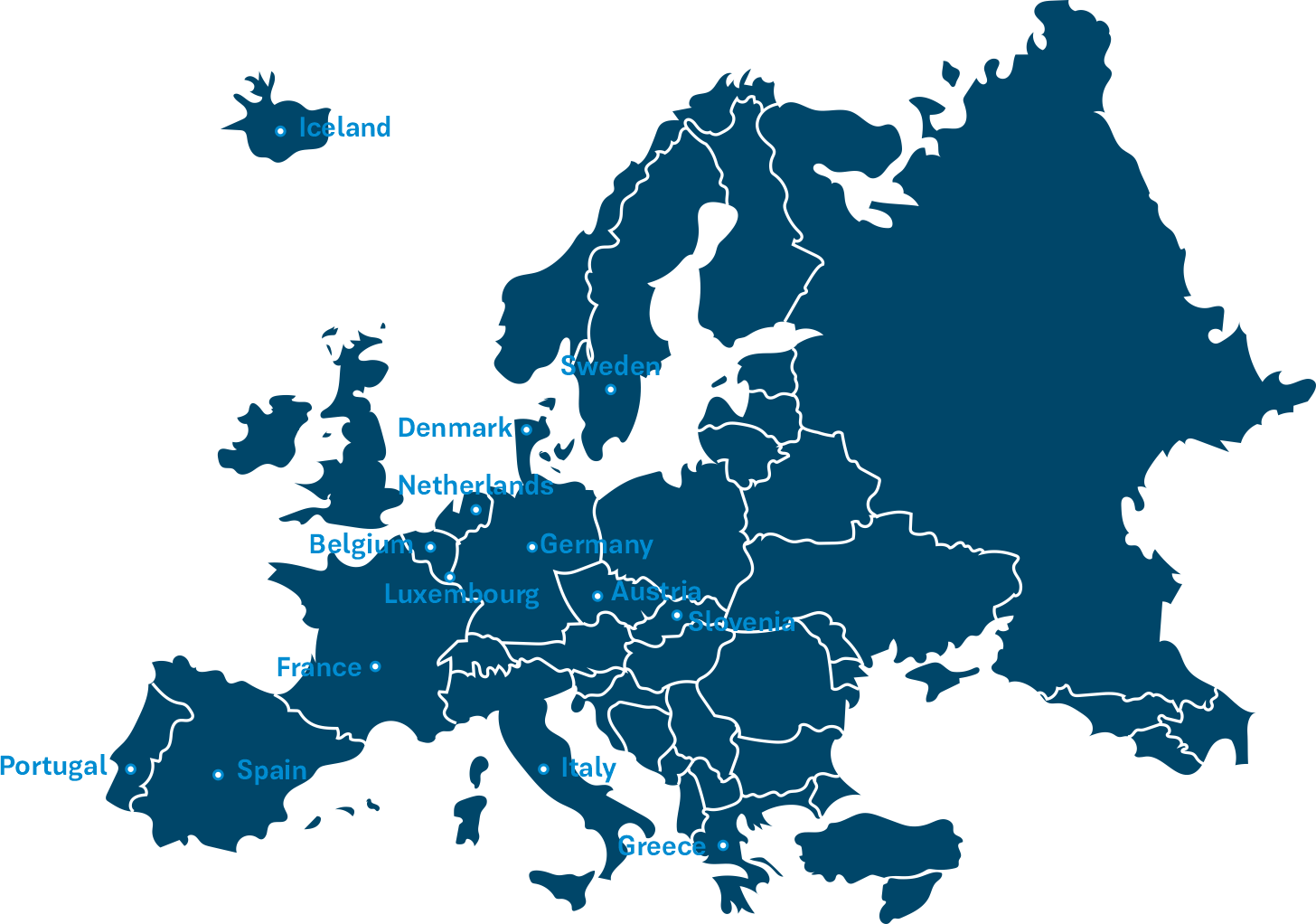
Germany, Netherlands, France, Portugal, Slovenia, Italy, Denmark, Sweden, Iceland, Norway, Spain, Luxembourg, Austria, Greece, Finland and Belgium
Assigned to over 300 client companies across Europe to respond to their needs.
Agriculture, Construction, Production, Manufacturing, Hotel, Restaurants, Catering, Industry.
Providing Workforce Solutions that Empower Your Business.
Work Supply was established in 2019 to provide high-quality, cost-effective solutions to European organizations facing challenges in finding satisfactory solutions for labour shortages and needs.
Our temporary work agency focuses primarily (but, not exclusively) on responding to the manpower needs of sectors with particularly “unattractive” and demanding jobs, such as agriculture, construction, logistics and hospitality.
Capitalizing on the right to conducting business anywhere in Europe, our staffing agency has opened representative offices in the Netherlands, France, Germany, Sweden and will soon open its first branch in Slovenia. Our success is largely the result of positive recommendations from satisfied clients in these countries.
If your company is looking for a staffing agency that delivers on its promises, schedule a meeting now to find out more about Work Supply and how we can help you overcome your manpower needs.
Professionalism
Upholding the highest standards of conduct and expertise in every aspect of our work, ensuring excellence in service delivery and client satisfaction.
Integrity
Acting with honesty, transparency, and ethical principles in all our interactions, fostering trust and reliability with our clients, partners, and stakeholders.
Urbanity
Demonstrating respect, courtesy, and professionalism in our communications and relationships, promoting a positive and inclusive work environment for all.
Legality
Adhering strictly to all legal regulations and standards in our operations, ensuring compliance and ethical business practices at all times.
Equality
Championing diversity, inclusion, and equal opportunities for all individuals, fostering a culture of fairness and respect in the workplace and beyond.
Confidentiality
Safeguarding sensitive information and maintaining strict confidentiality in all client interactions, prioritising privacy and security in every aspect of our business operations.
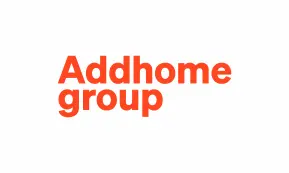
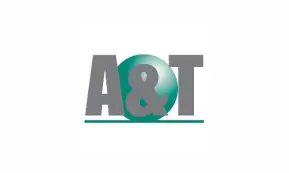
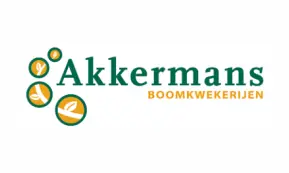
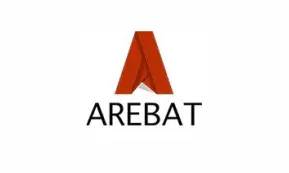
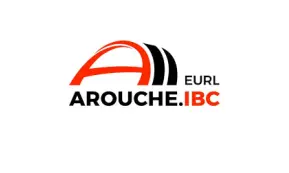
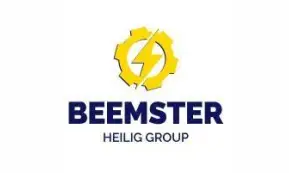
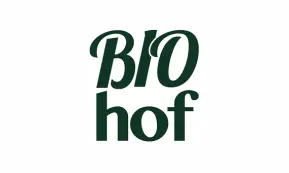

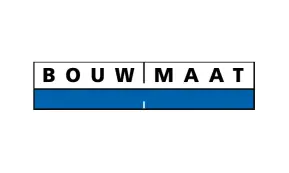
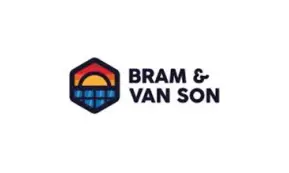


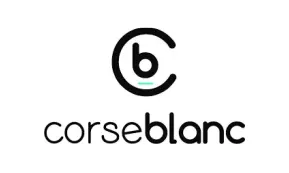
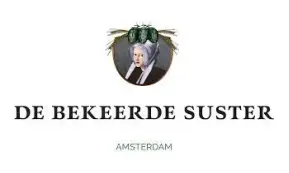

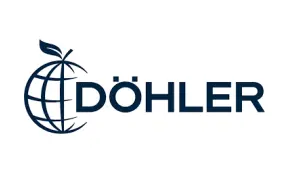
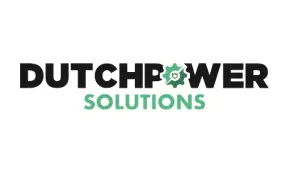
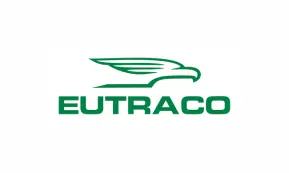
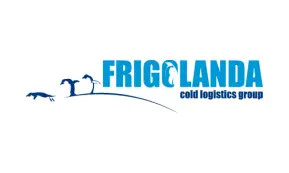
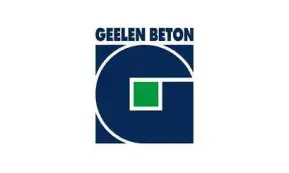
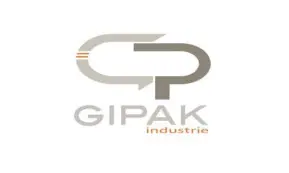
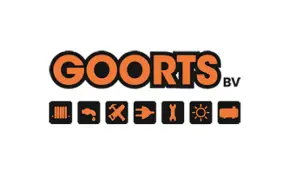
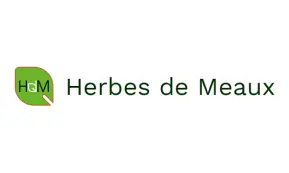
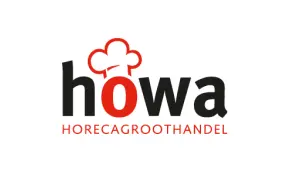
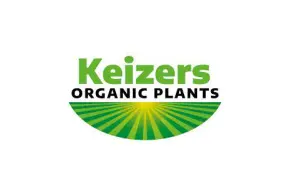
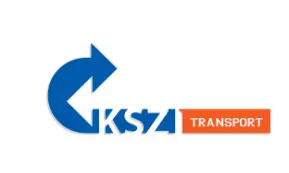
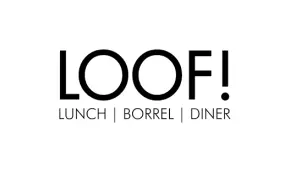
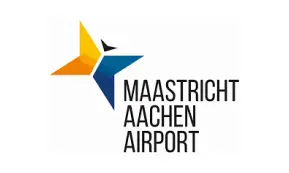
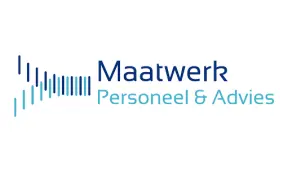
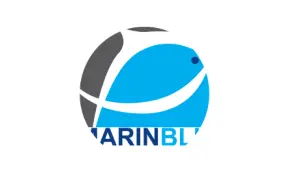
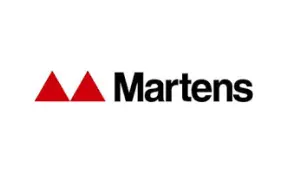
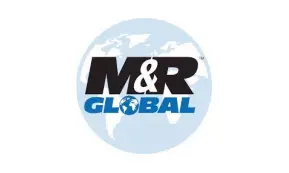
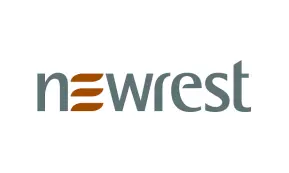
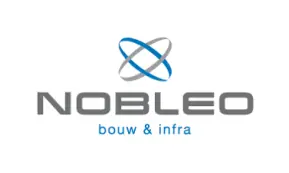
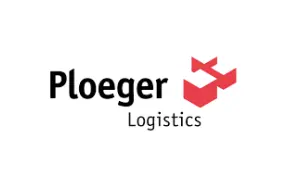
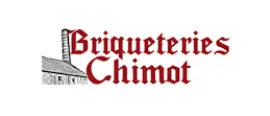
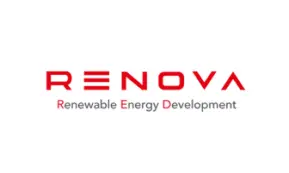
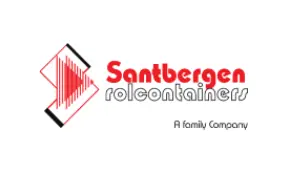
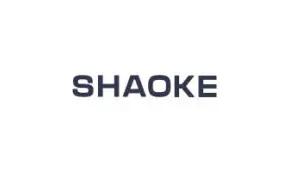
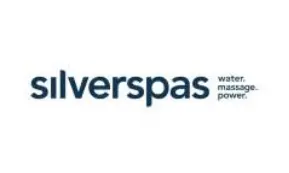
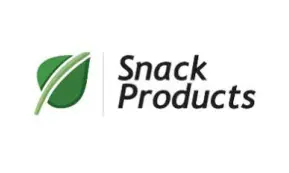
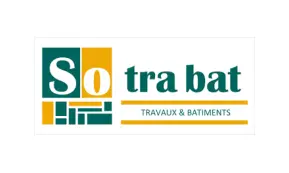

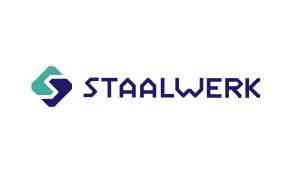
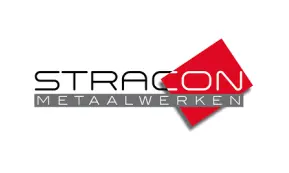

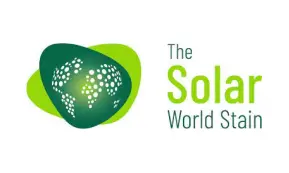
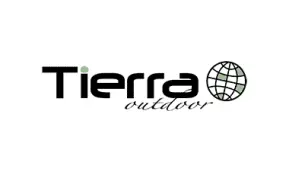
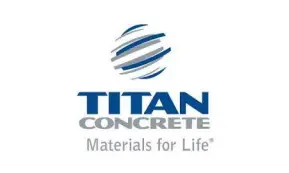
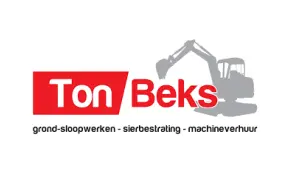

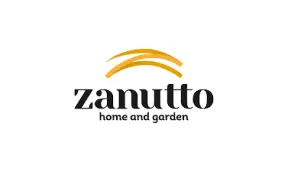
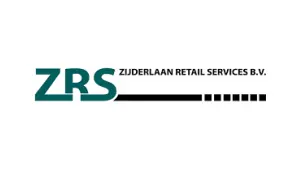
- What our custmers think about us
Only Work supply can make your dream come true .
Thank you so much Work supply.
If you want jobs in other European countries than go to Work Supply .
Bcz some time you need to wait for an hour .
Thanks with Regards
Amit Sharma
I really want to thanks Owner of this company who helped me a lot . I came from Porto to Lisbon to get a job in Nederland .
Mr Romy King 🙏🏻
took my interview and gave me that job and now am working in Nederland and am so Happy .
Thanks for your help .
Specially thanks to Mr. Sarabjit at reception and
Mr. Daada they help me a lot ….
In reception, there is a Sardarji seems to be very professional, helping and polite.
However, there is a Bengali person sitting near to the door, was treating other guys very rudely. If you face the same problem don't be disheartened just meet the Sardarji, he will help for sure if it is within his capacity.
Overall, I would like to rate them very high because the way they are helping people in Portugal to land a job is noteworthy.


